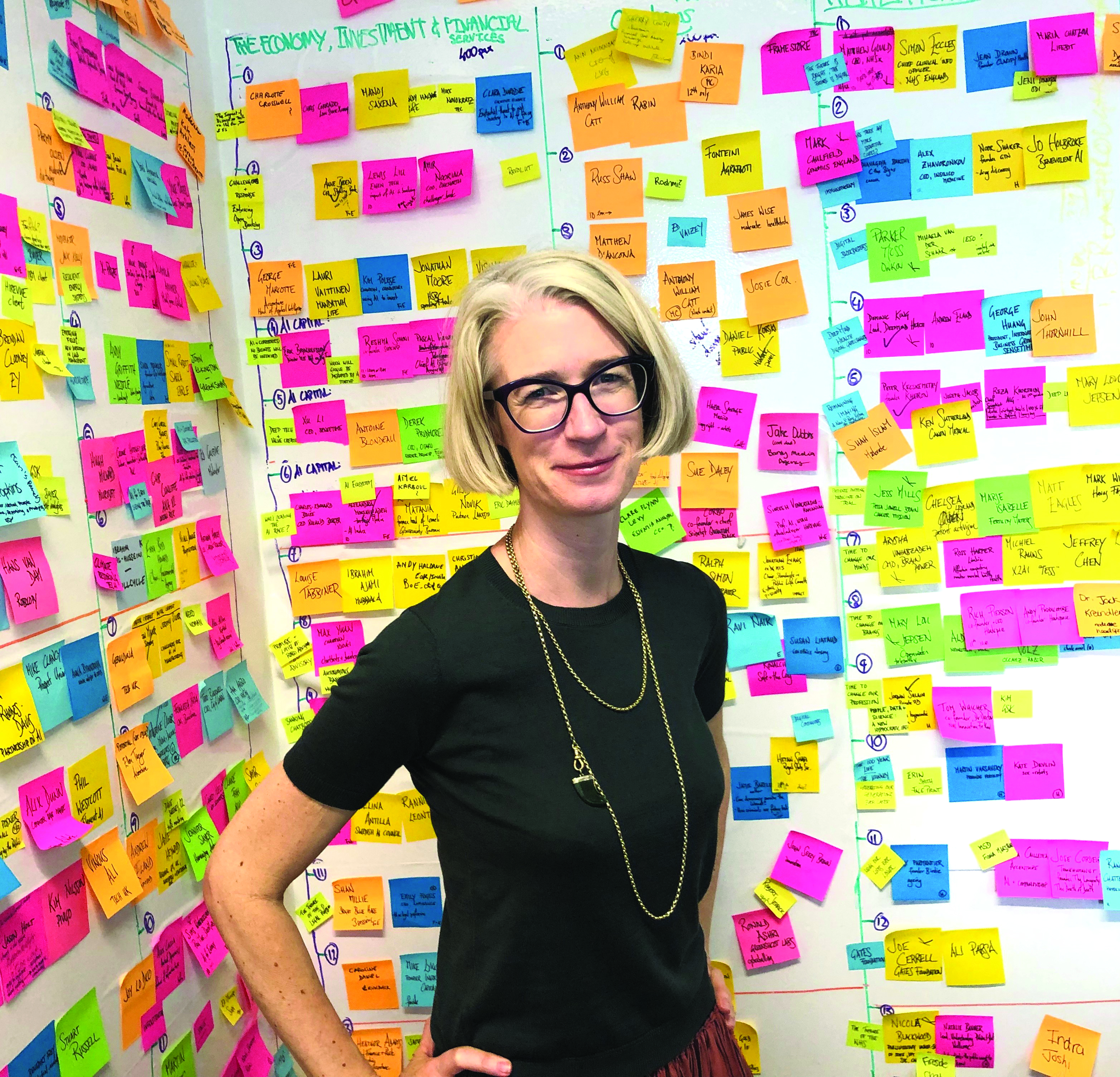The United Nations Framework Convention on Climate Change (UNFCCC) is a grande dame of international organisations. Its stately proceedings can be credited with shepherding many a nation through the complex and challenging task of hosting a COP summit. At least, that was my experience being on the COP26 team for the UK Government. Now, as we race towards the first United Nations Conference of the Parties (COP) to be held in the Middle East since Marrakech in 2016, eyes from all corners of the world are settling on Sharm El Sheikh, and quickly refocusing on Dubai in 2023. As communications professionals, one of the challenges for us is that COPs are inherently confusing affairs and the success of COP27 and 28 will be in part due to our collective ability to communicate issues and outcomes effectively with diverse stakeholders and audiences.
The climate community and international media have endless, renewable energy for speculation and gossip. A bucket load of scepticism needs to be poured over ‘insider’ knowledge about what will or will not be achieved this year. The annual carousel of host countries means they are often heroically working round the clock to get a grasp on the process, negotiations and strategy of getting 197 countries to agree on anything. If COP26 is anything to go by, the complex balancing of diplomacy and persuasion demanded by the negotiations take place almost entirely behind closed doors. That means COPs are fertile ground for rumour and supposition. This is valuable to bear in mind as you read reports of COP27 and 28 in the coming weeks and months.
With that caveat in mind, it is broadly accepted that expectations for COP27 are muted. There are strong headwinds to overcome. They read like a checklist of extremely challenging hurdles: global energy and cost-of-living crises, fractured and polarised politics, populist disinclination to support climate action, and limited resources and institutional capacity of the host country. The cards are stacked against game-changing achievements.
That’s a tragedy for the climate and humankind, but it also means that expectations will be higher for the UAE to pull the rabbit out of the hat for COP28. As liberal democracies in the global north are consumed by the crises outlined above, there’s little evidence of the kind of long-term planning that’s needed to reconfigure energy, food, transportation and construction systems on a necessary scale. The energy system accounts for 31Eleanor O’Keeffe per cent of global emissions, followed by food at 11 per cent, then transportation and construction systems at 15 and 20 per cent respectively.
Such is the state of despondency about climate action, that this could be the moment for the decisive leadership of the UAE to shine. But where are we likely to see action? Here are some predictions for COP28.
Food will be on the table. That’s food security, but also innovation in the food system. In Glasgow last year, the UAE and US agreed to put $4bn into an Agriculture Innovation Mission for Climate initiative focusing on agricultural innovation. This could be expanded.
Second, the trilemma of energy supply, renewability and affordability will be a central recurring theme. So, while further announcements of investments in hydrogen, carbon capture and solar could be on the cards, lower-carbon fossil fuels will be too.
Third, youth will play a big role. The UAE is a young country and, according to the Edelman Trust Barometer, the government enjoys one of the highest levels of trust among its Gen Z population in the world.
And lastly, the focus on practical solutions may lead to more regional climate financing deals along the lines of the Just Energy Transition Partnership between South Africa, Germany, France, the UK, the US and the EU.
There is a slogan in the UAE: ‘Impossible is Possible’. As climate action faces enormous challenges, and the prospect of staying within 1.5 degrees of global warming is slipping away, we need to see impossible achievements. Those include new types of partnerships, increased action to meet targets, and using communications to unite people and organisations.










